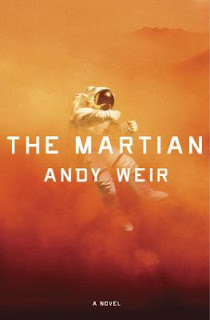Tchaikovsky has a knack for making humans supporting actors in his space-faring opera about intelligent animal life. After reading Children of Time, which I enjoyed, I wasn't sure how he would do a second book about a different species in a fresh way. But this second book is just as good as the first.
Told in a similar way to Children of Time, Children of Ruin switches between the past and present. The past being a time when human civilization has basically self-destructed and sent ships into the universe to terraform planets for future civilization. The present being thousands of years after this - as well as several thousands of years after Children of Time. It's amazing how space time really stretches things out and how quickly you get used to the vast stretches between years.
What we get from this second book that wasn't as fleshed out in the first is more about the terraforming project and how it works on a practical level. What we don't get is a lot of detail about our alien friends and how they develop their civilization. But that is forgiven when you learn their own civilization is basically destroyed, hence the ruin. What's intriguing, and what really steals the show is why this ruin occurred. Tchaikovsky has created an existential enemy that is both exciting and terrifying. I loved any scene that involved them.
Children of Ruin explores themes of AI, immortality, the self, and invasion - both on a planetary as well as individual level. And while I felt he ended things a little too easily, I'll forgive him that because overall it was another great story in the Children of Time series. I can only hope his super villains will come back in subsequent novels, because they really were horribly fun.







